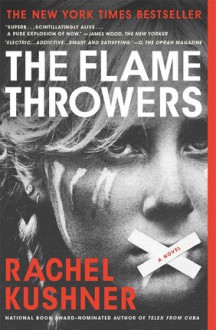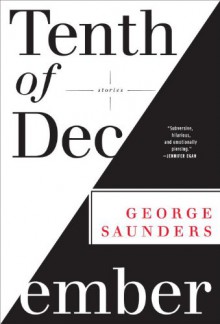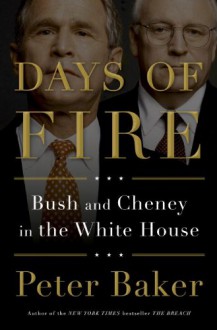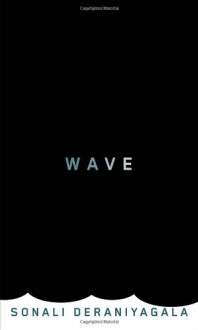
The Flamethrowers is a shape-shifter, a slinking fire-lizard, spectacular and formless. It's lines are curving, colorful and deceptive, you can't tell where it is going and I wouldn't care to anyway. I assume it was my own fault that this book was so far to the limits of my radar but Rachel Kushner should be on the lips of many discussions in the lit world.
Kushner's opening scenes in The Flamethrowers are electric. I picked up the book cold, it was a good deal used and I felt guilty about leaving the store without buying anything for the second time in a week. I tried a couple pages and there was no turning back. War, motorcycles, deserts the 70s art scene, it's the stuff that fueled Hunter S. Thompson, Denis Johnson and Joan Didion. Then, just when you're buckled in, Kushner downshifts, turns down a different road.
The story moves to New York and we get our share of art types, caricatures, people who speak in code and have no names, but then we're learning about them, then they do have names and worries and bills, relationships, friends. It was jarring at first, like if Sal Paradise moved in with Dean Moriarty and they actually had to face domestic problems and wax poetic on life to people who have heard their bullshit before instead of fucking of to shoot guns with whatever alter ego he came up with for William Burroughs, but it came to seem necessary, overdue even, to break up this myth of the art monster, stylish, witty, cool, plugged in, distant from the rest of us. We who say the wrong thing, who fail, fuck up, get rejected and it doesn't mean anything most of the time. Still, she never loses that identity at the core of it, the flamethrowers, she just makes them human.
There is a lot of space in 383 pages to play with form and characters and the story changes shift several times. In the paperback I found--one that looks like it has been properly kicked about which suits this story much better than a pristine new copy--she added an essay at the end about how it became timely by accident. How she was writing about riots and movements already when Occupy was coming into it's own, but the echoes in Black Lives Matter seem even stronger.
I really liked it, I'd say the silly thing of it has a bit of everything, because it feels that way, and it challenges everyone. Maybe you shouldn't be so sensitive and be a bit more daring and artistic, or maybe you need to be checked and realize other people exist and deserve some consideration. Maybe it's just a great, dynamic story and you should read it and come to your own conclusions.
Post Script:
I mentioned I picked this up cold, and I want to reiterate that I knew nothing of the book, New York is mentioned on the back but not the era, so it's a particularly bizare coincidence that I read this right after Patti Smith's Just Kids which was also set in the 70s art scene, but about 5 years early for the most part. Why didn't I give five stars? I don't know. If you're making your decisions because of a stars ranking you can probably skip my page anyway.

 Log in with Facebook
Log in with Facebook 















